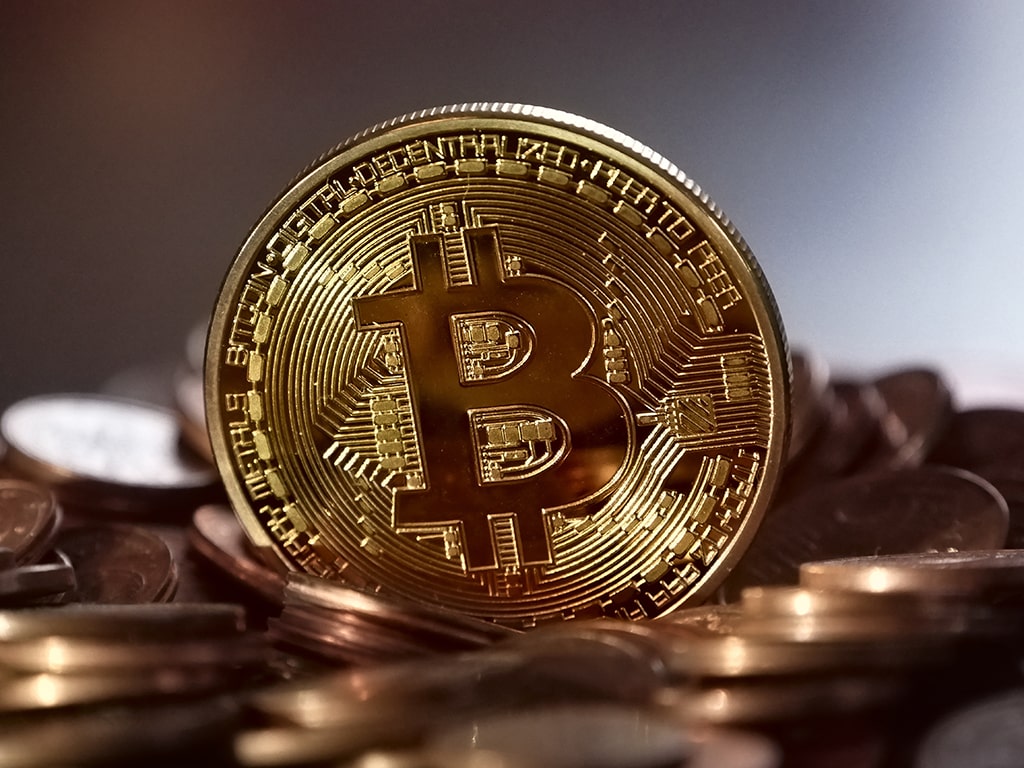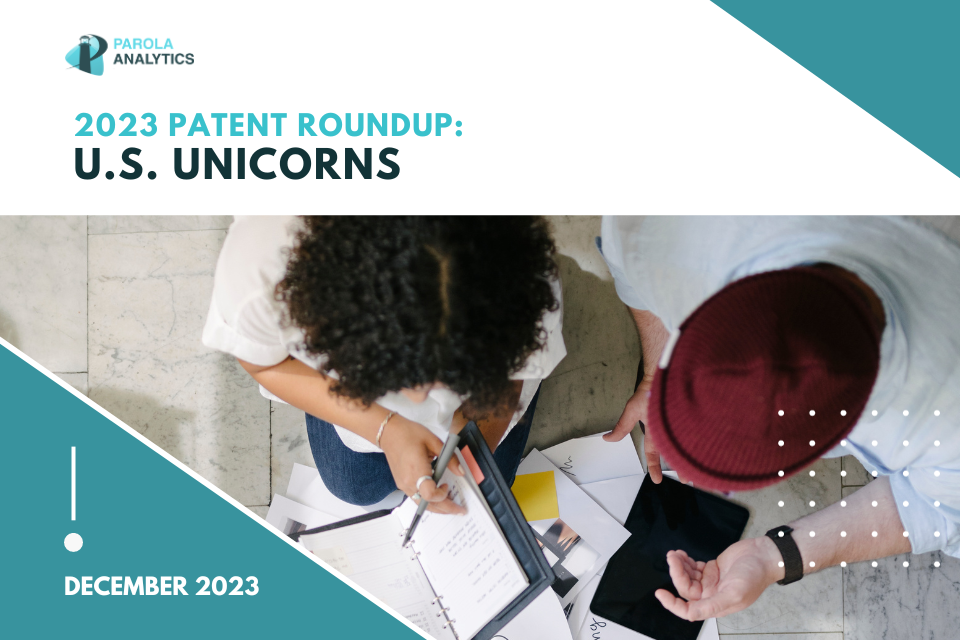The global financial technology market is set to reach a value of $305 billion by 2025, according to a report. As the industry continues to grow, now at an expedited rate partly due to the pandemic, we’re also witnessing a surge in the number of companies grappling with intellectual property rights across an interconnected network of financial institutions.
2020 has been an eventful year for startups like Ripple and Plaid: the former is establishing its corner in the volatile yet lucrative cryptocurrency market, while the latter is in the middle of a blockbuster merger with the world’s largest retail electronic payments network.
But in their efforts to expand into digital finance’s uncharted territory, both companies — among many others — have encountered legal challenges to even the seemingly simplest branding decisions.
Ripple v. NPPA
San Francisco-based blockchain payment company Ripple is registering a new U.S. trademark for its potential money transfer service, months after hitting a branding conflict with Australian financial institutions.
Paystring, filed with the U.S. Patent and Trademark Office on November 6, is positioned under electronic financial services, namely, monetary services for receiving and disbursing remittances and monetary gifts in fiat currencies and virtual currencies over a computer network, among others.
Paystring appears to be a rebrand for PayID, which Ripple sought to trademark in June 2020. In August, the company had been sued by the New Payments Platform Australia for intellectual property infringement; NPPA represents the country’s major banks, which offer a money transfer service also named Pay ID.
Paystring’s description is also identical to Ripple’s Aug. 11 filing for a RippleNet trademark. The crypto giant also made filings for Ripple X and Ripple Impact the same month. The trademarks are meant to cover electronic financial services and charitable foundation services, respectively.
In April, Ripple sought to trademark On-Demand Liquidity. The company’s Head of Global Banking Marjan Delatinne, on a virtual panel two months later, described ODL as part of the firm’s expansion to “exotic corridors” — countries like Brazil and the Philippines “where you don’t necessarily want to keep liquidity and you want to really move funds when you need it.” Ripple currently offers instant cross-border payments without pre-funding under its ODL service.
Plaid v. TD Bank
Ripple’s fellow San Francisco-based fintech Plaid also ran into a trademark dispute this year. TD, the U.S. arm of Canadian multinational Toronto-Dominion Bank, sued Plaid on October 14, accusing it of trademark infringement and false advertising.
TD alleged Plaid “tricked” its customers into entering personal information, with the intent to monetize their data. The suit claimed this was done through a Plaid user interface, co-opting TD’s logo, trademark, and green color scheme.
Plaid expressed surprise and disappointment over the lawsuit, as it had “good faith discussions” still ongoing with TD. The financial technology firm denied ever selling or renting consumers’ personal information.
This year, Plaid has faced several class–action lawsuits accusing it of selling user data without consent.
The bank data sharing startup agreed to be acquired by Visa for $5.3 billion In January 2020. But a November 5 antitrust suit by the U.S. Dept. of Justice seeks to block the merger, on grounds of Visa’s purported monopolization of the payments industry. Visa maintains Plaid is neither a payments company nor a competitor.





